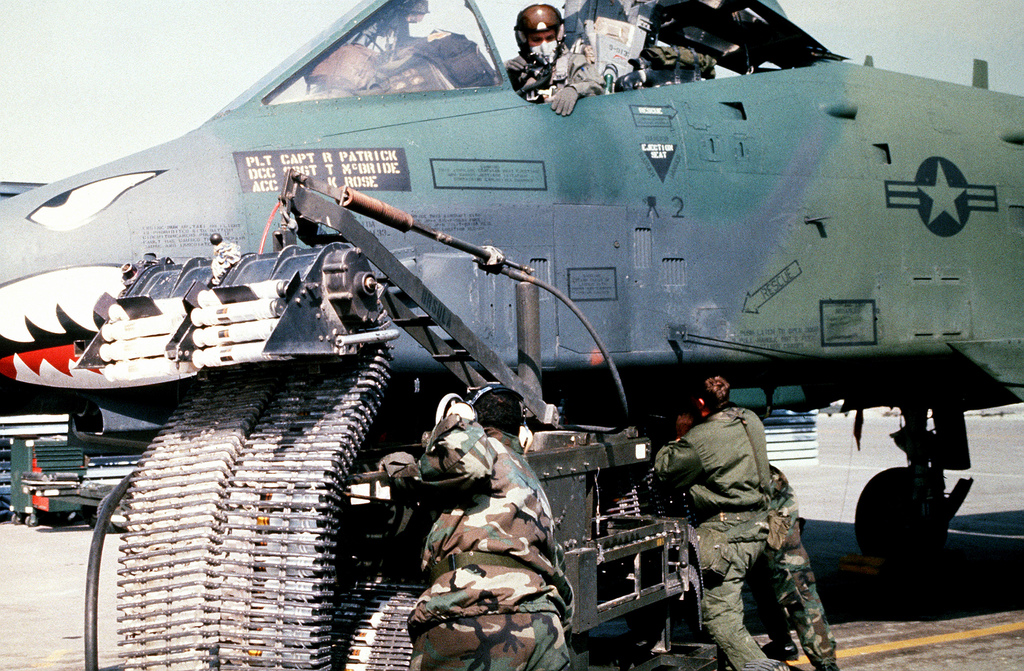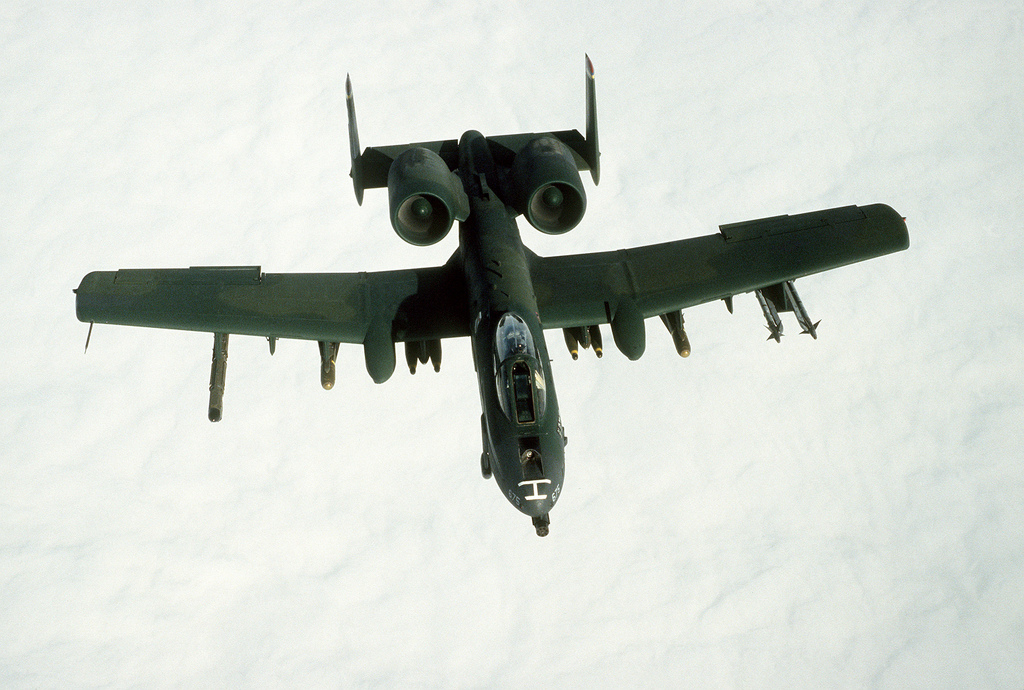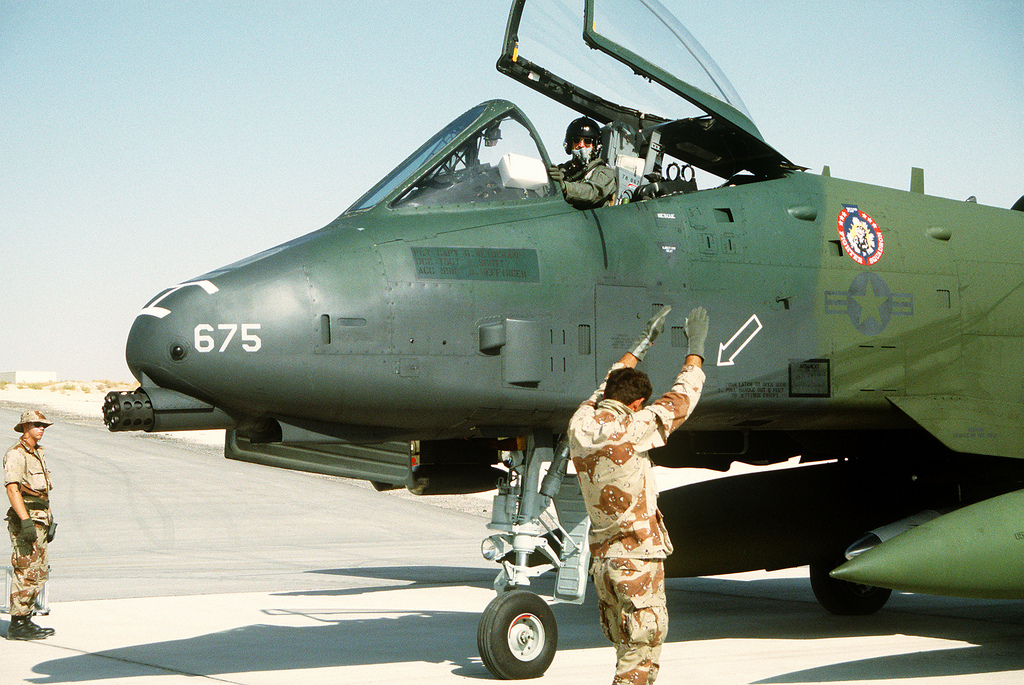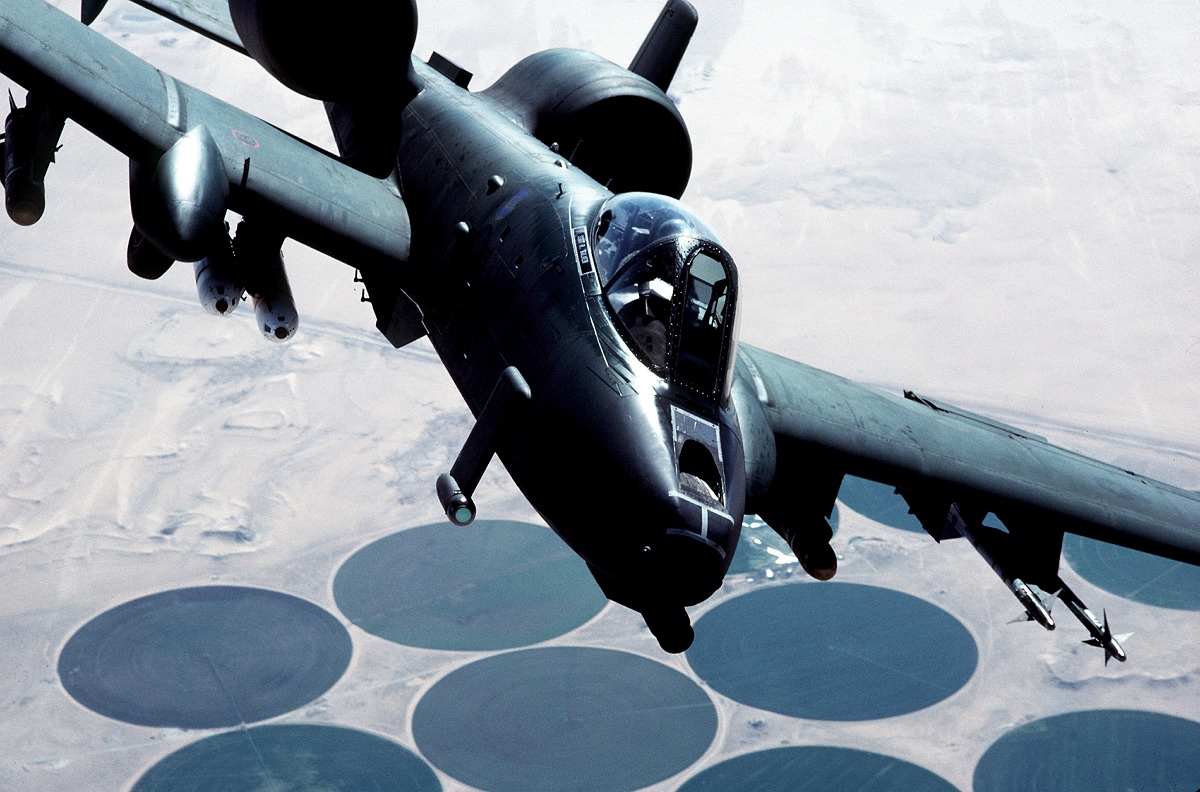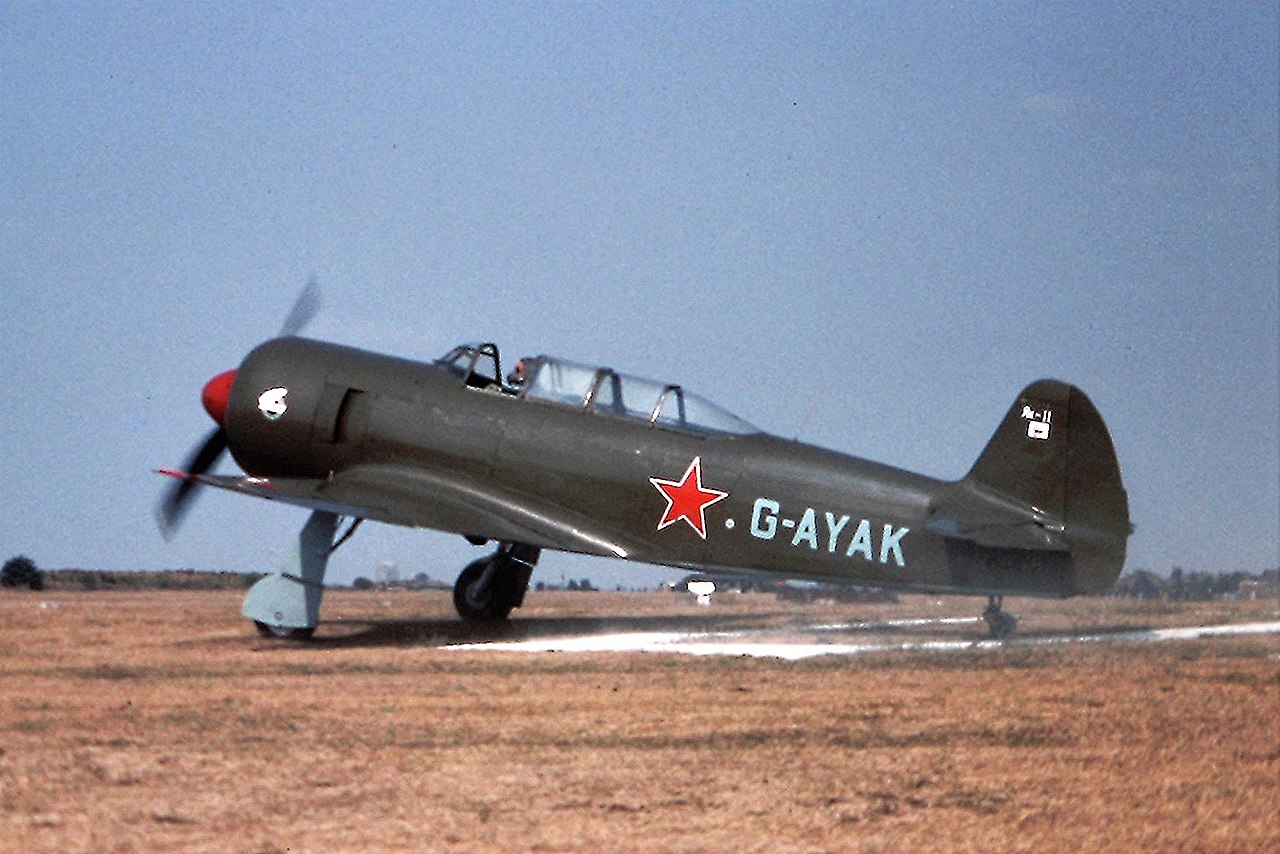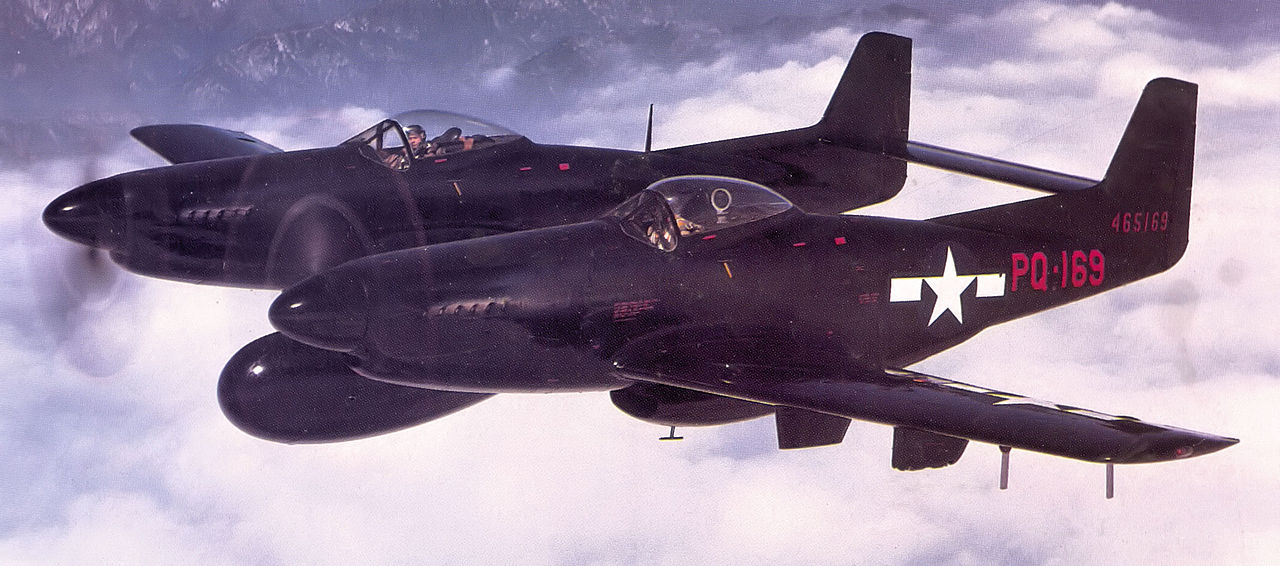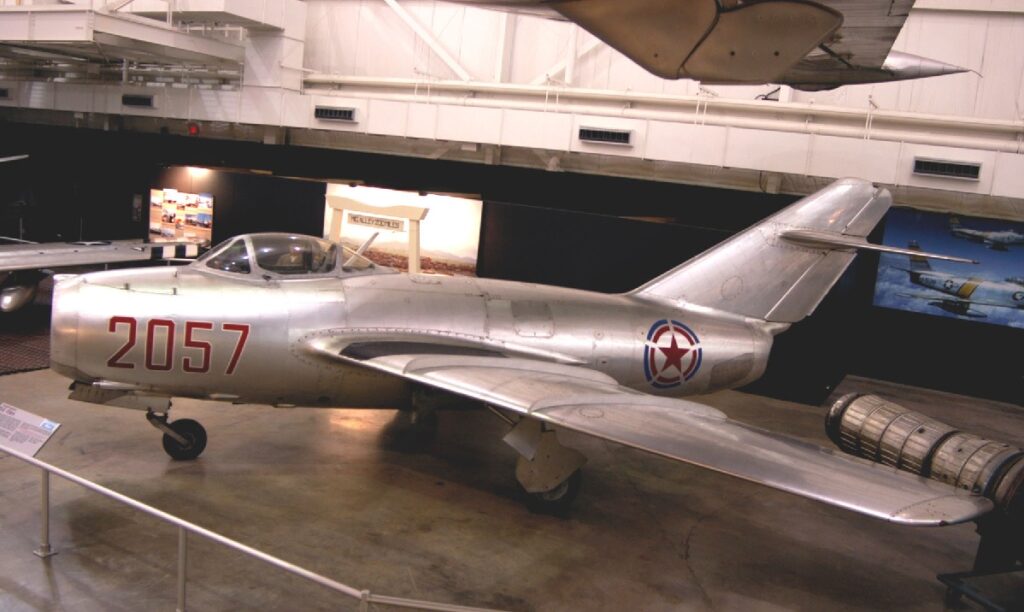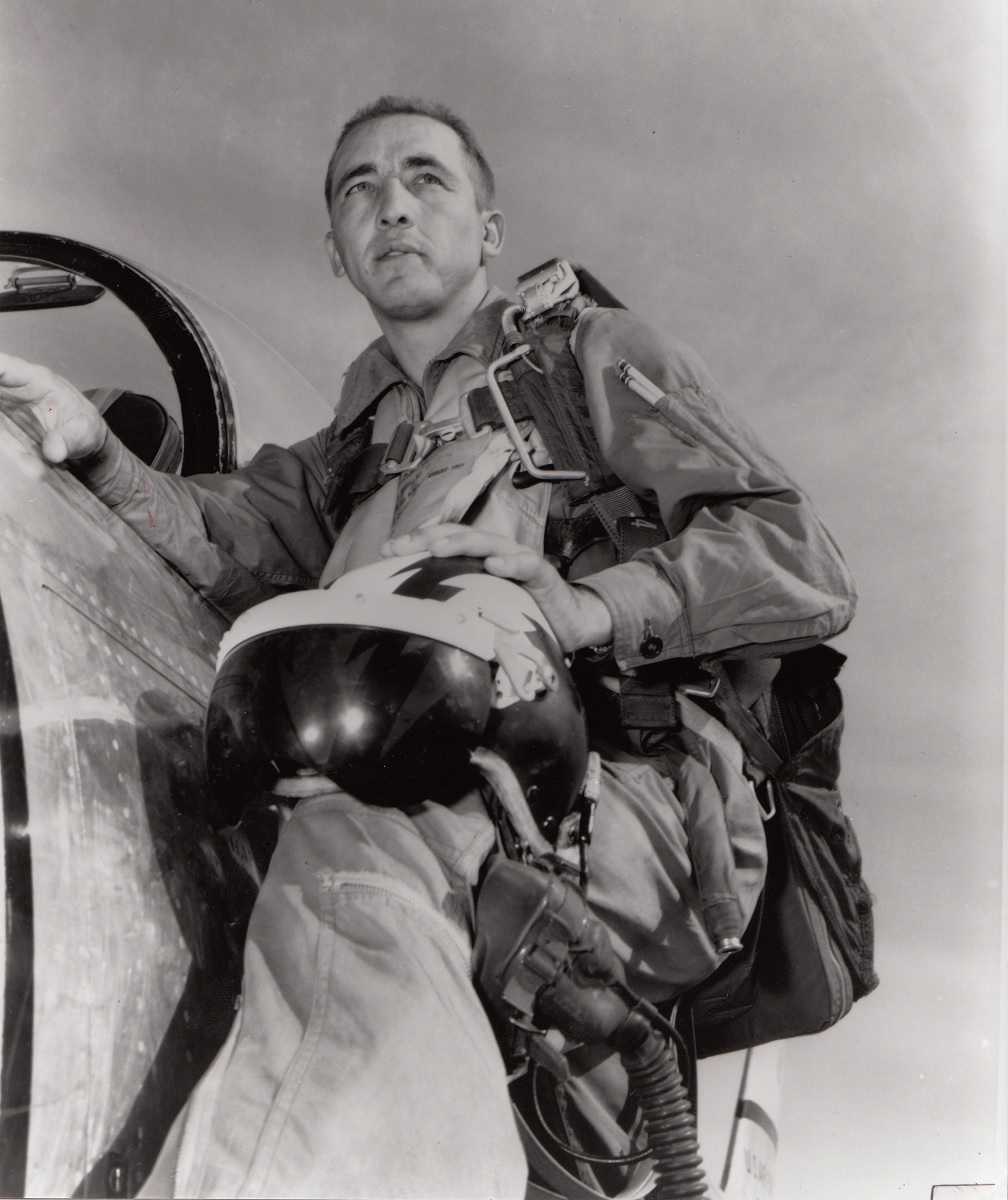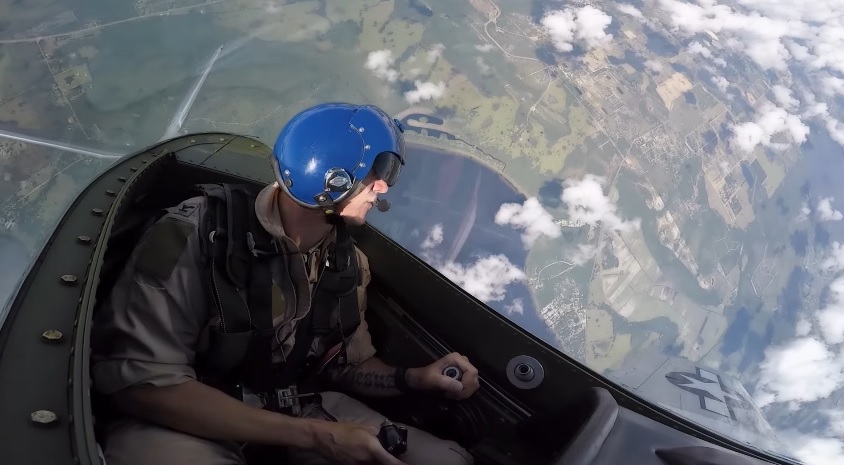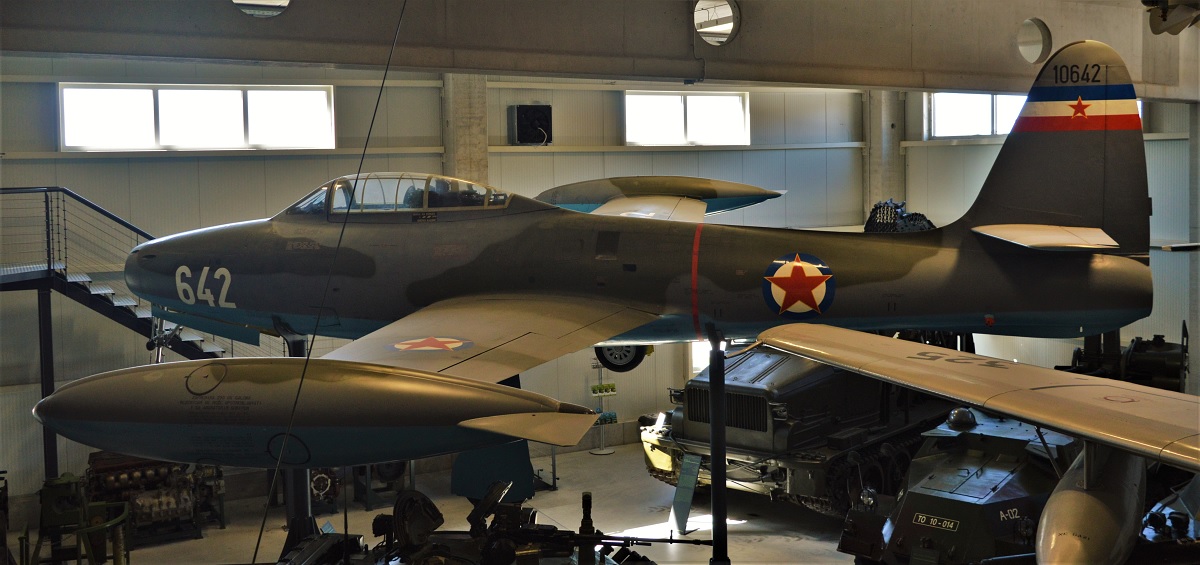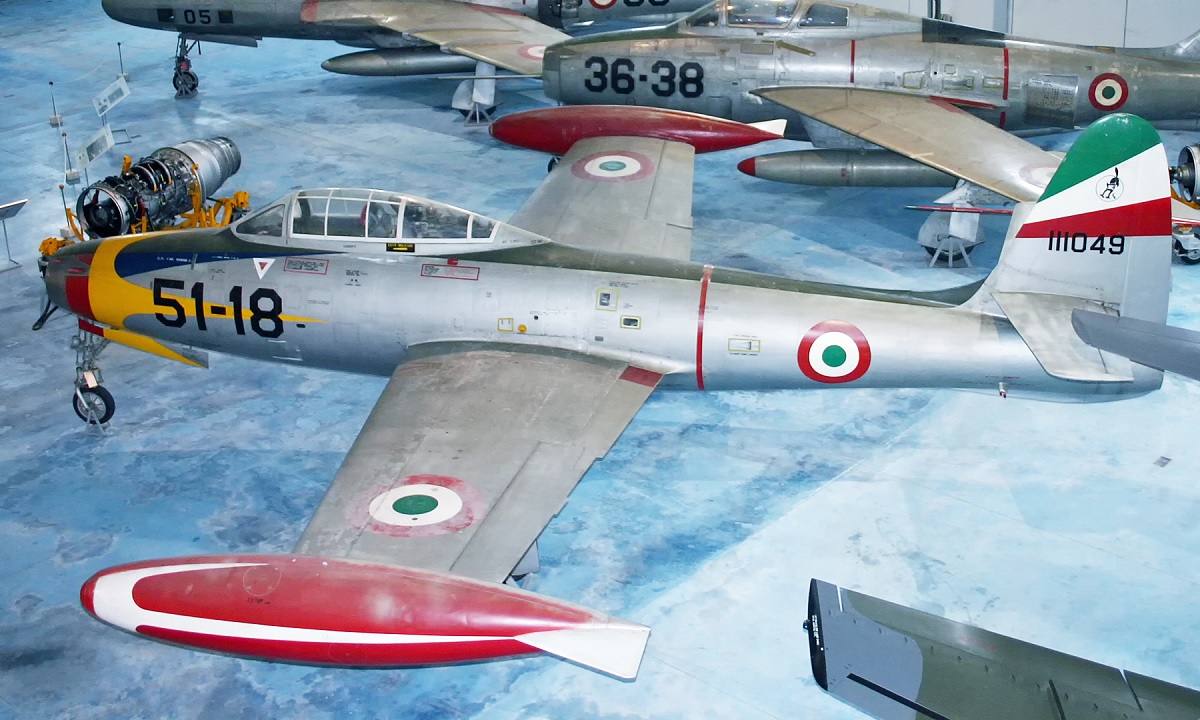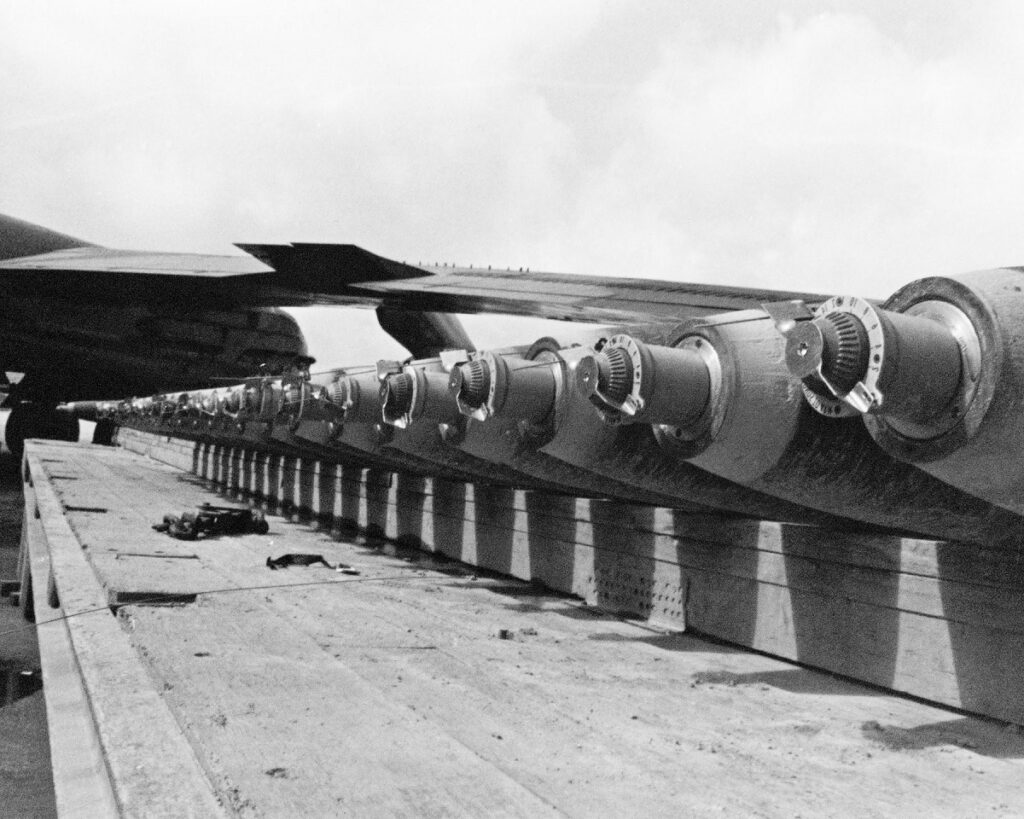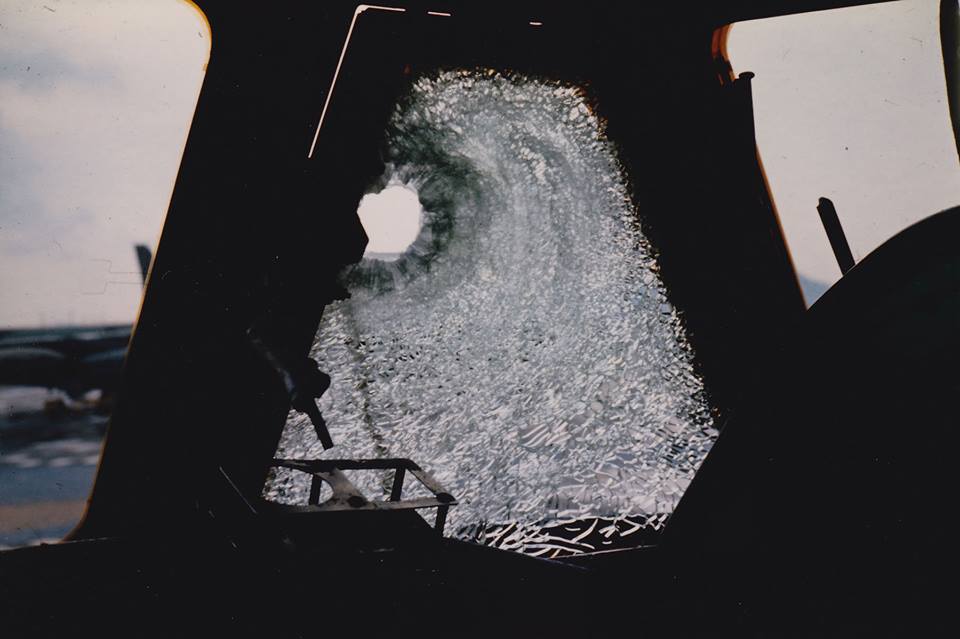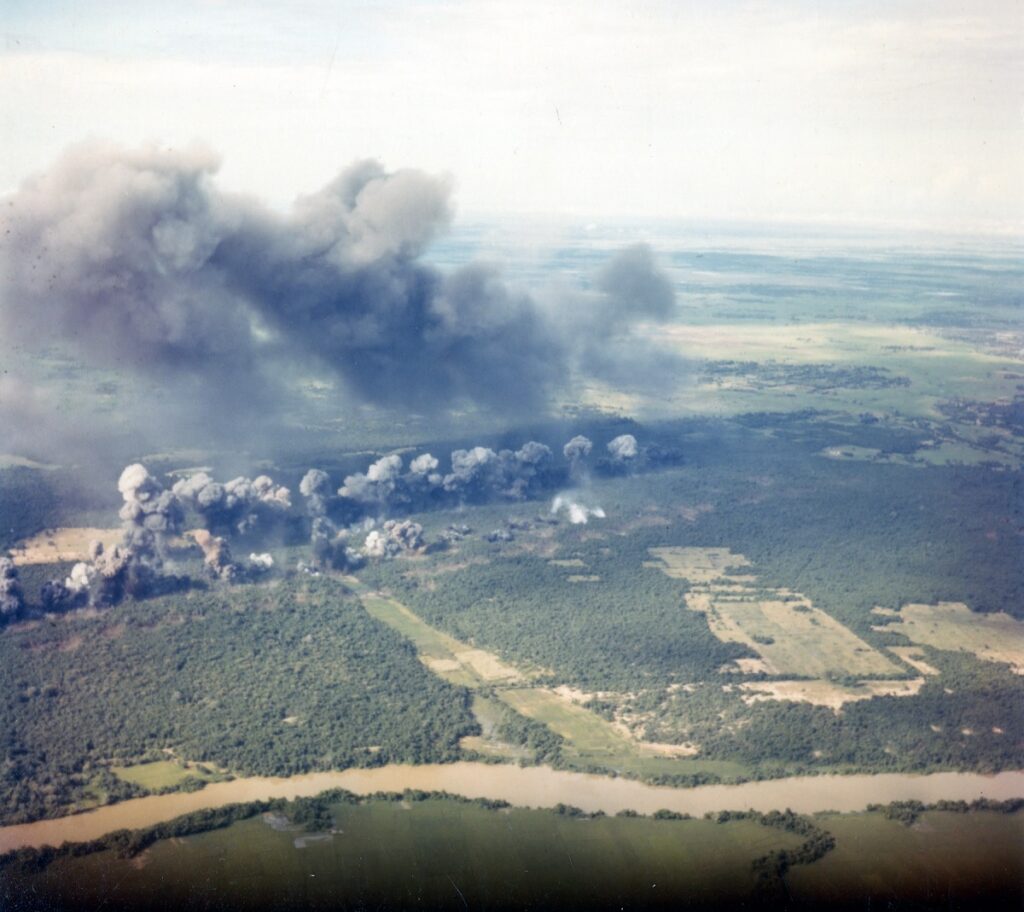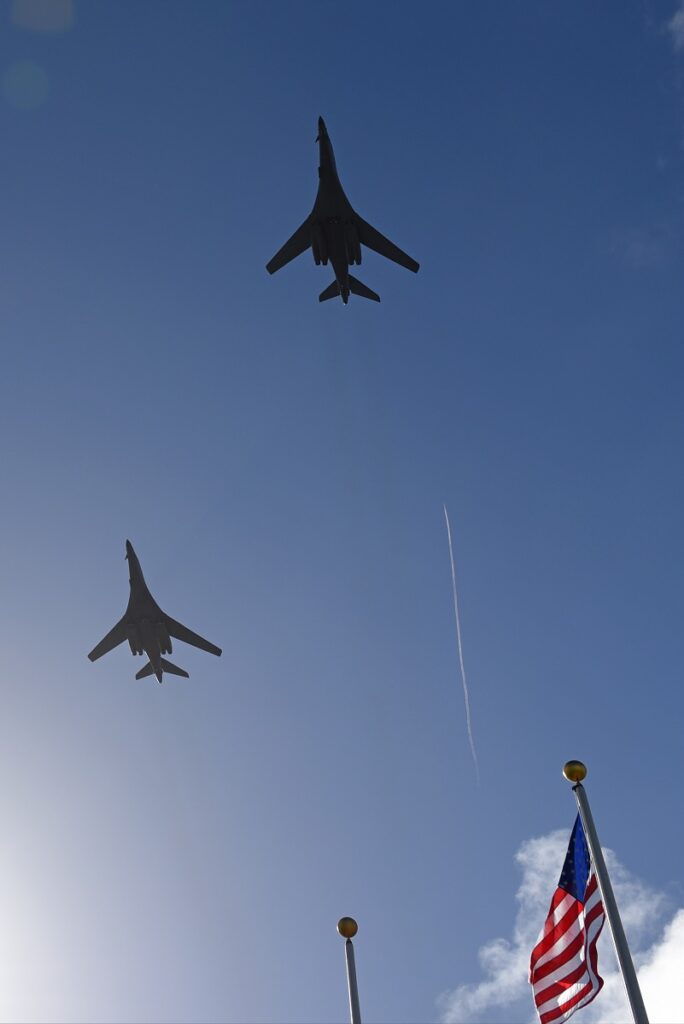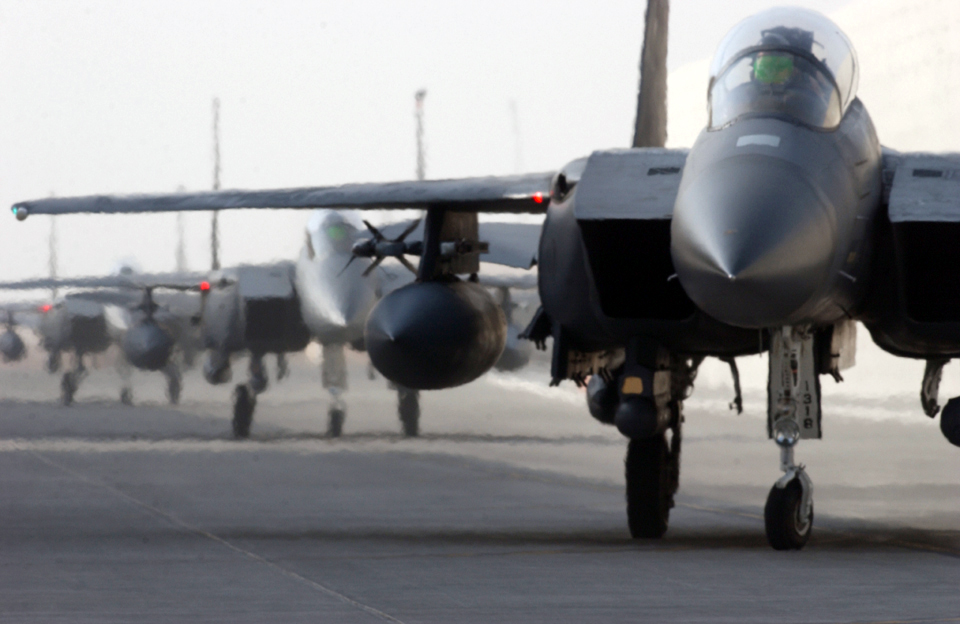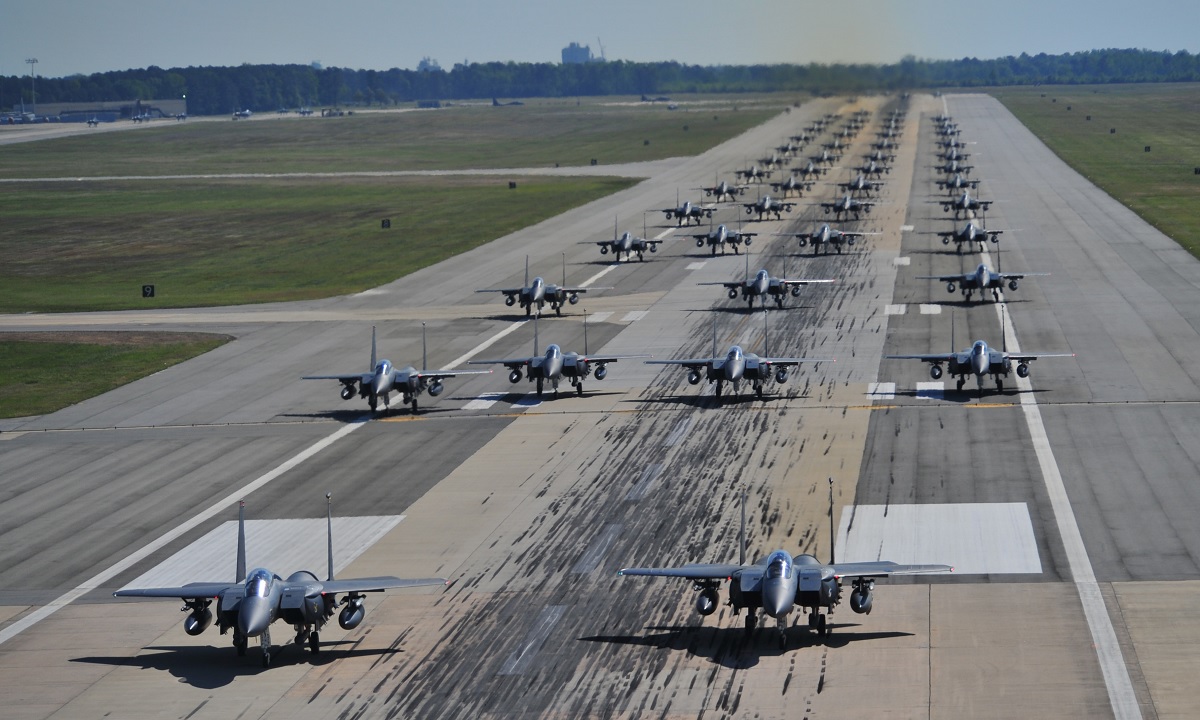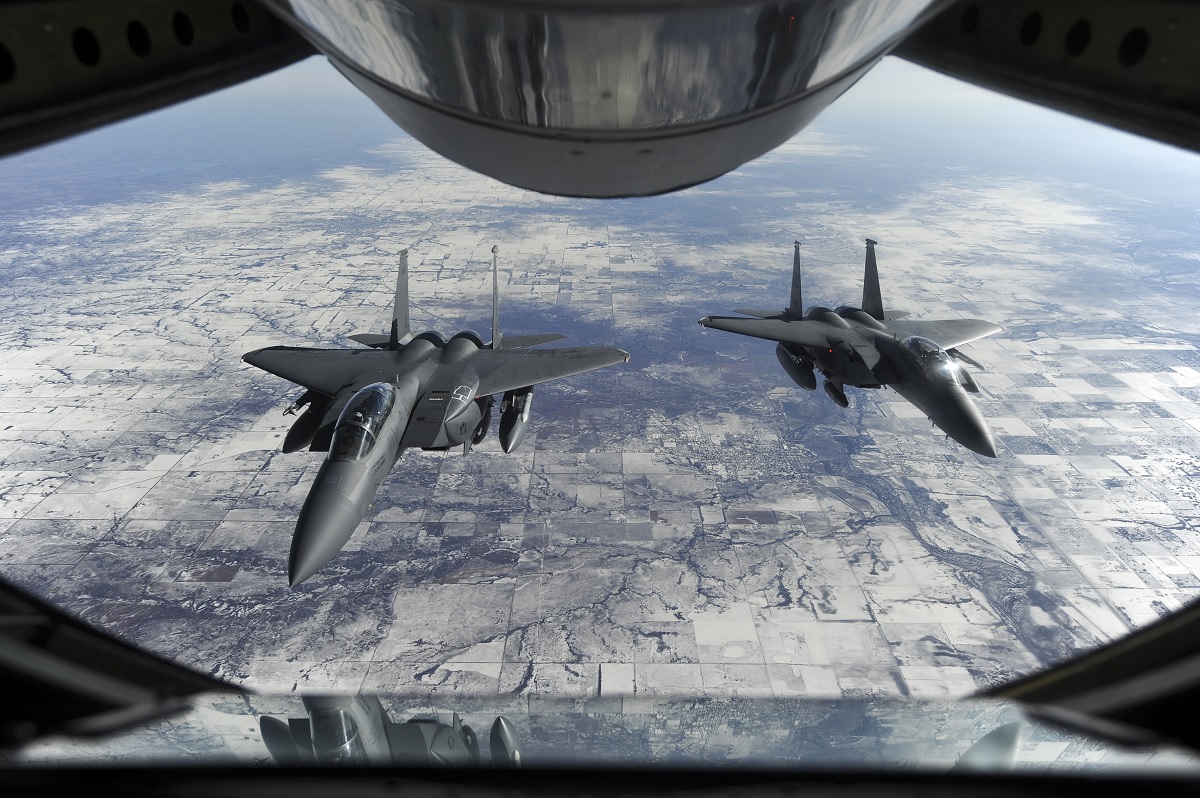A considerable avionics upgrade provides the KC-135 Stratotanker with an additional 25 years of service.
At the Air National Guard base in Sioux City, Iowa, despite being built 60 years ago, many automobiles such as the 1956 Chevy and aircraft such as the KC-135 Stratotanker are still flying down the road and in the air today thanks to proper maintenance.
The Boeing KC-135 Stratotanker, which celebrated its 60th birthday on Oct. 10, 2016, was developed in response to the need for a new mid-air refueling aircraft to keep up with jet-powered aircraft like the B-52 Stratofortress and was first introduced as a replacement for the aging propeller-powered KC-97 refueling aircraft used by the United States Air Force (USAF).
The American automobile industry, enamored by the smooth lines and curves found in aviation, reproduced them with each new design at the time of the first KC-135 — called “The City of Renton” — (which actually took place in 1956). Automobiles were faster than ever before, and features taken from aviation such as wrap-around windows, wings, turbines, and even afterburner tail lights were added to cars in the 1950s merely for decoration.
During the ten-year production run of the Stratotanker, unlike the constantly changing auto designs of the day, the KC-135 remained virtually unchanged from when it initially arrived in 1956.
Despite this, regular maintenance and periodic modifications have kept the KC-135 in continuous service as the USAF’s primary midair refueling aircraft for the past six decades, and it’s tough to believe the aircraft first flew 60 years ago.
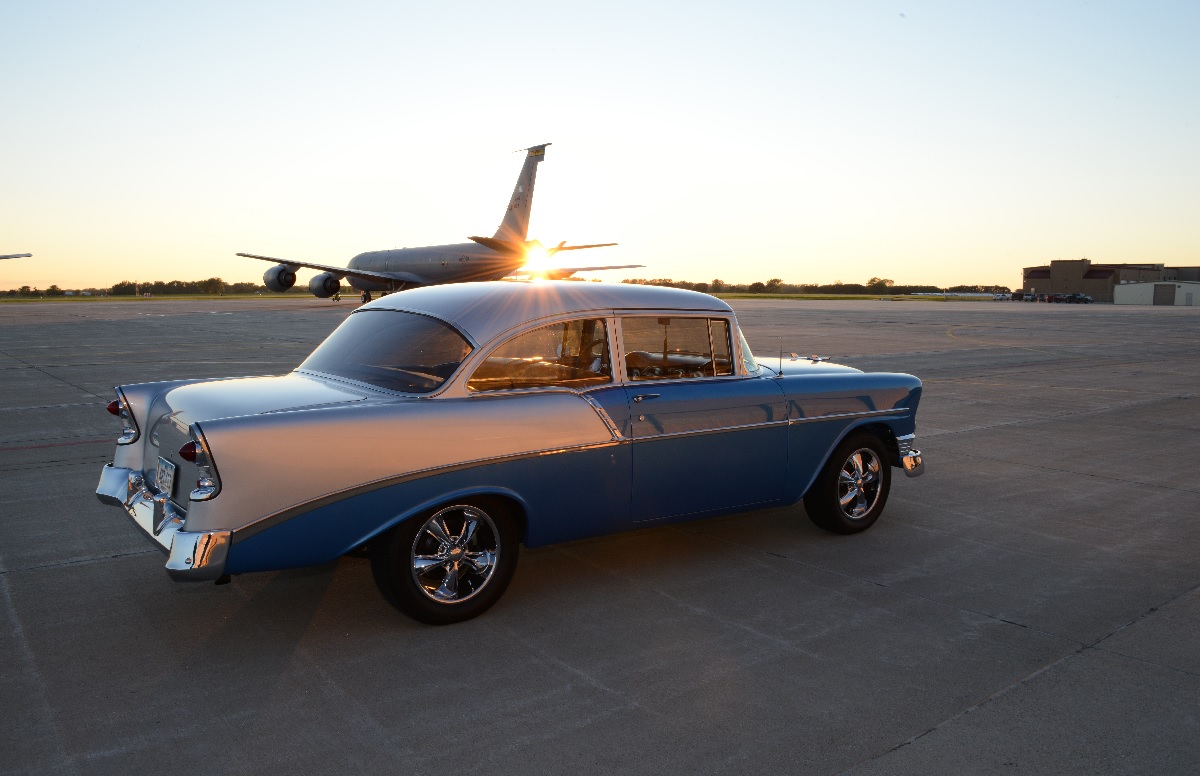
“It’s a proven airframe and it hinges on maintenance, from training at the local level to all the work that’s done at the depot level,” said Iowa National Guard Lt. Col. Kurt Kindschuh, 185th Air Refueling Wing (ARW), Maintenance Group Commander in Sioux City, Iowa. He noted that when the KC-135 was first introduced in the early part of the Cold War, it didn’t have a lot of flight hours. Even though it was the only tanker employed by the Strategic Air Command (SAC) for 15 years, the KC-135 spent much of its time on alert.
The Stratotanker, on the other hand, saw action during the Vietnam War, when KC-135s performed 813,000 aerial refuelings of combat aircraft and 18,700 hookups and transferred 278 million pounds (126 million kilograms) of fuel during Operation Desert Storm (the campaign to liberate Kuwait from the Iraqi invasion). Then, in the early 1990s, when the KC-135 fleet was transferred to Air Mobility Command (AMC), it became the primary means for the US Air Force to project broad power on a global scale, and the Stratotanker is now tasked with refueling long-range bombers, as well as transport and fighter aircraft, all over the world.
The KC-135 has its problems, just like keeping a classic vehicle, but as Master Sgt. Brad Thorpe, 185th ARW Flight Line Supervisor, explains, that it is a well-designed aircraft with strong construction and strict maintenance schedules, ensuring the aircraft can continue to do its duty for years to come.
The fact that a major avionics update is set to begin next year to ensure the KC-135R lasts into the next generation of pilots and maintainers backs up this argument. That’s why the new “Block 45” avionics update is predicted to extend the Stratotanker’s life by at least 25 years.
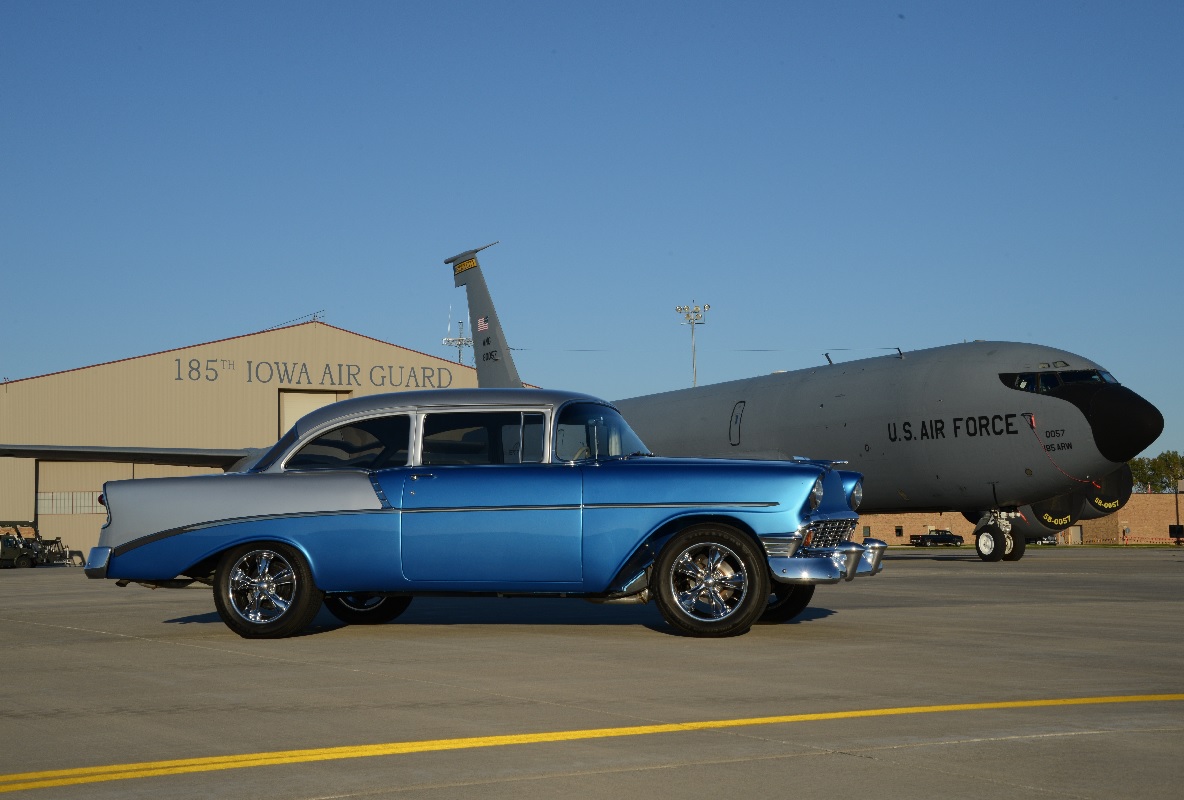
Source: Maintenance key to veteran aircraft 60 years’ service by Master Sgt. Vincent De Groot, 185th Air Refueling Wing, Iowa Air National Guard; Photo by Master Sgt. Vincent De Groot 185 ARW Wing PA / U.S. Air National Guard



